Find out how to eat in a restaurant, where to get WiFi, what to wear, and how to avoid a coffee faux pas—along with lots of other essential information for first-time visitors. Did we miss something you’re dying to know? Let us know!
Italy is a dream destination—incredible art and architecture, amazing food, fabulous wines, and more culture than you can handle in a week or two. It’s a place you really need to visit at least once in your life.
Like every country, Italy has its own customs and quirks, and if you’ve never been, it’s tough to know what to expect. We put together this handy guide for first-time visitors to help you make great decisions about your trip, and enjoy your time in this beautiful country.
If a trip to Italy is in your future (or even if you’re just dreaming of one), you’re definitely going to want to read this post.
1. Yes, you can do Italy in one week—but two is definitely better.
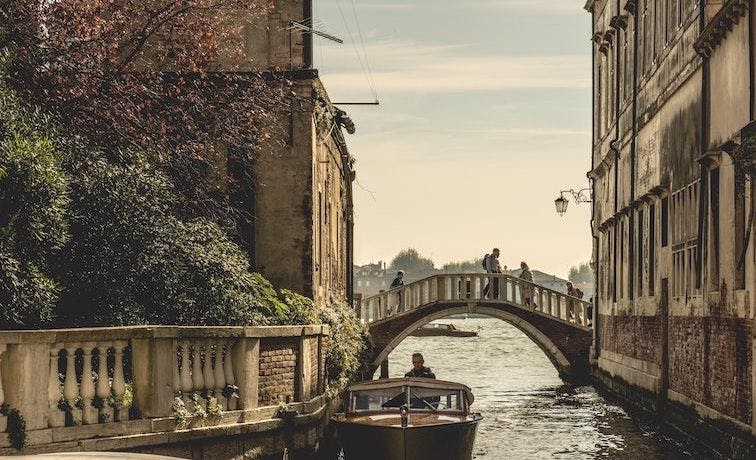
Let’s start with the obvious—whether you’re in Italy for 5 days or 15, you’re probably going to have to buy an airline ticket to get here. If you divide the cost of the ticket over one week, it adds more per day to the cost of your trip than it does if you break it out over two. From a purely financial point of view, it makes sense to get the most out of the cost of your ticket.
But then there’s the difference in what you can see and do. On a one-week “highlights” tour of Italy, you’ll get to sample the Big Three, Rome, Florence, and Venice, and not much else—although the Big Three are definitely a bucket-list experience.
With a two-week Grand Tour, on the other hand, you get the Big Three, but you’ll also see Sorrento and the Cinque Terre and the gorgeous Lake District. It’s Italy from north to south, with all its amazing variations in landscape, culture, and cuisine.
2. Northern Italy and Southern Italy are like two different countries.
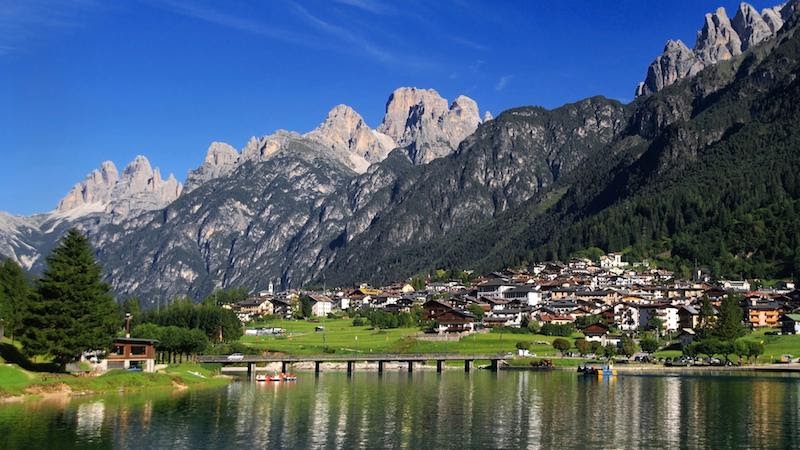
Until the late 1800s, Italy wasn’t a single, unified country—it was a collection of several tiny, autonomous countries. And each of those “countries” had its own customs, cuisine, and culture. Although it’s a single country now, those regional differences remain fairly pronounced.
Northern Italy lies at the foot of the Dolomites and the Alps, and is bordered by Austria, Switzerland, and France. The food resembles that of its neighbors more so than the Mediterranean cuisine of the South. The pace of life is different, too. The hustle and bustle of the more industrialized north is distinctly different from the laid-back vibe of the south. To understand Italy, you really need to visit both.
3. There’s the coperto, the servizio, and the mancia. It’s good to know the difference.

Your restaurant bill will look decidedly different from what you’re used to at home. In addition to your food charges (sales tax is included in the price), you’ll see a few other “mystery” charges.
The coperto is basically a cover charge. It’s charged per person, and even children will be hit with the fee. In less popular areas, it’s typically between €1 and €2, but in swankier parts of town, it can be as high as €4 or €5 (or even more). The coperto should be listed on the menu, so be sure to check to avoid an unpleasant surprise.
The servizio is a type of “service charge,” and it more or less replaces the tip. In practice, it’s more of a tourist tax, since you see it most often in the popular tourist areas of Rome, Venice, Florence, and the Amalfi Coast. It’s usually between 10% and 20% of the bill—and like the coperto, it should be listed on the menu.
The mancia is what Americans would consider a tip. Tipping in Italy isn’t based on a percentage of the bill, and tipping isn’t really a custom in Italy. However, if you feel you must leave something for your server, you can leave a mancia—but do it Italian style. The most common mancia is to simply round up your bill to the nearest 5 or 10, or leave a couple of €1 or €2 coins as a token of appreciation.
4. You don’t need to learn Italian, but it’s not a bad idea to practice some tourist phrases before you go.
Italians speak Italian, which shouldn’t be a surprise. In the major tourist areas, you’ll hear a good bit of English, but if you want to enjoy authentic experiences on your trip, it’s a good idea to learn a little tourist Italian.
And unlike the French, who can be a bit sniffy if you mispronounce their language, Italians appreciate your attempts. You’ll be surprised how much goodwill a few Italian words will get you on a tour of Italy.
5. The riposo is a beautiful thing.
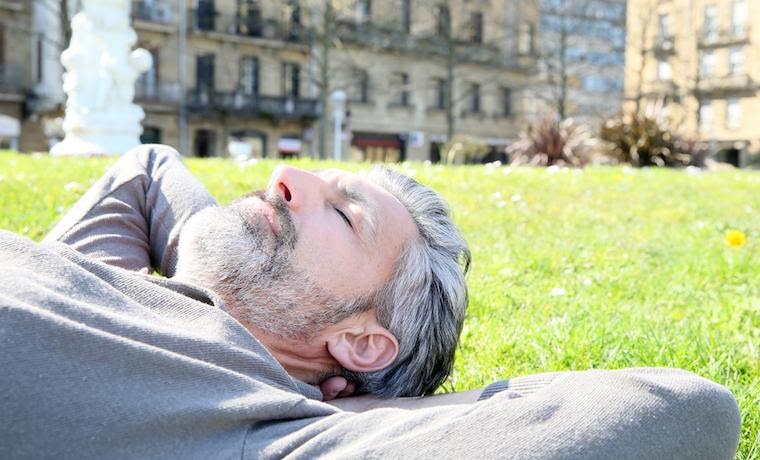
Chiuso means “closed” in Italian—and that’s exactly what just about everything will be during riposo, the afternoon rest. It generally lasts about two hours and takes place sometime between 1:30 and 4:00 pm, depending on the business. Banks close, shops close, museums close—even most restaurants and bars close except in the most touristy areas.
Don’t fight it—enjoy it! Take a little nap yourself, or just stroll in a park and enjoy a picnic lunch. It’s easy to fall in love with the Italian rhythms of life.
6. There’s no such thing as an early dinner.

Italians are late eaters. It’s a fact of life that works extremely well with their passion for long, leisurely meals. On the other hand, if you’re used to lunch at noon and dinner at 6 pm, you’re going to be sadly out of sync in Italy.
Don’t expect to eat dinner in a restaurant before 7:30 at the earliest—some restaurants don’t open for dinner until 8 pm or later (and no amount of standing with your face pressed against the window will get them to open even one minute before it’s time).
If you’re traveling with children, plan ahead with heavy snacks—or simply look for more tourist-friendly restaurants that stay open all afternoon and evening.
7. Churches and restaurants have dress codes.
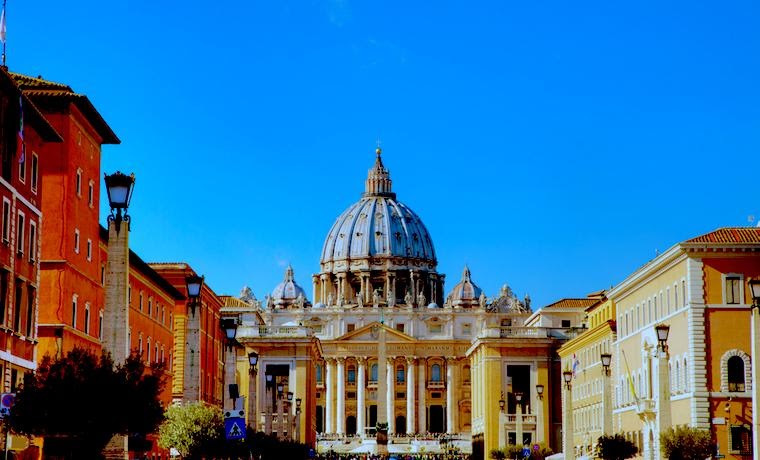
As a general rule, Italians care deeply about clothing and appearance. They view it as a sign of respect—for themselves and others. For this reason, religious sites require appropriate attire, a level of modesty, that includes covered legs and shoulders. Long sleeved shirts or blouses and skirts or long pants are a good idea—and they do double-duty at the nicer restaurants, where you can’t get in with shorts, flip-flops, and other casual clothing you might bring on vacation.
8. Speaking of clothes, it’s good to dress like a local.
Italy is a safe place to visit—but as with the tourist areas in any major city, there are places petty criminals like to prey on tourists. Dressing like an Italian is a good way to protect yourself. Besides, it feels good not to stand out like a sore thumb and blend into the crowd of beautiful Italians passing you by.
A few pointers:
- Don’t show too much skin. Leave your short-shorts and skimpy tops at home.
- Do bring a few gorgeous accessories—a beautiful bag, oversized sunglasses, a bright scarf.
- Keep your flip-flops for the beach and opt for stylish low-heeled walking shoes or wedges.
- Shorts are also considered beach and resort wear, especially for men; opt for tailored jeans, cotton pants, skirts, or capri pants instead.
- When in doubt, it’s better to overdress than underdress.
9. Most of the famous attractions have skip-the-line options.
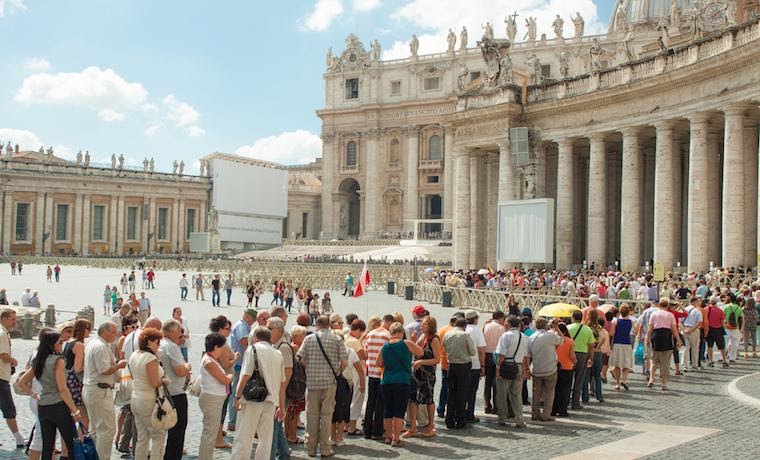
You can avoid long, painfully slow lines by booking tickets in advance for most of the attractions you want to see. Better yet, book with a tour operator and get special VIP access to attractions like the Sistine Chapel and the Uffizi with an expert guide who can show you areas not generally open to the general public.




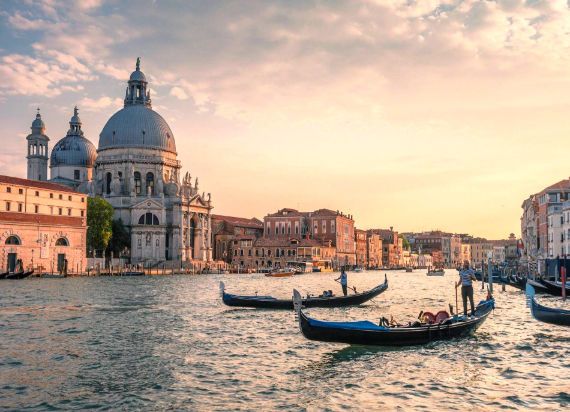
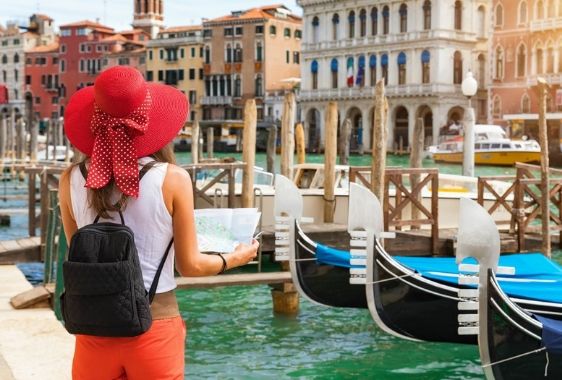



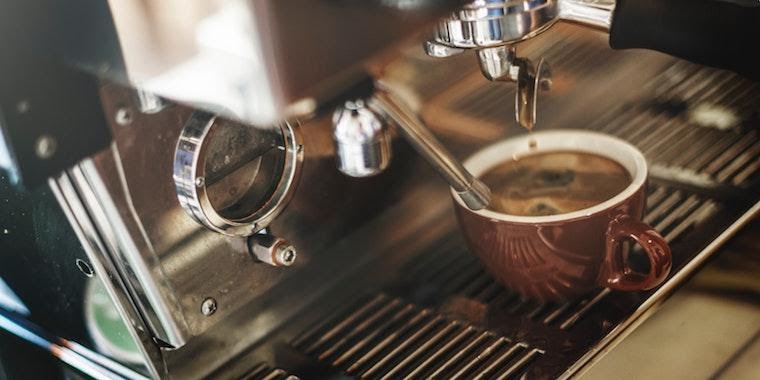

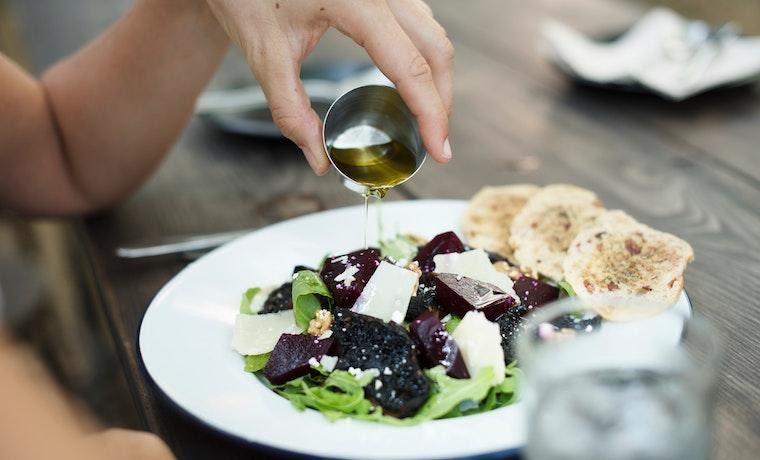
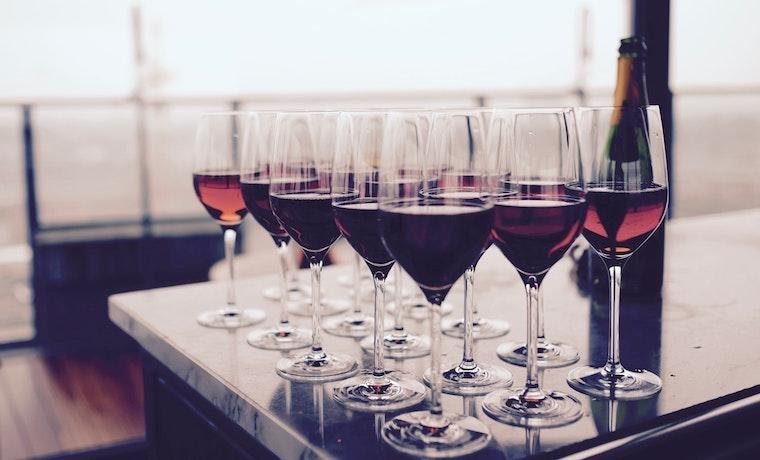
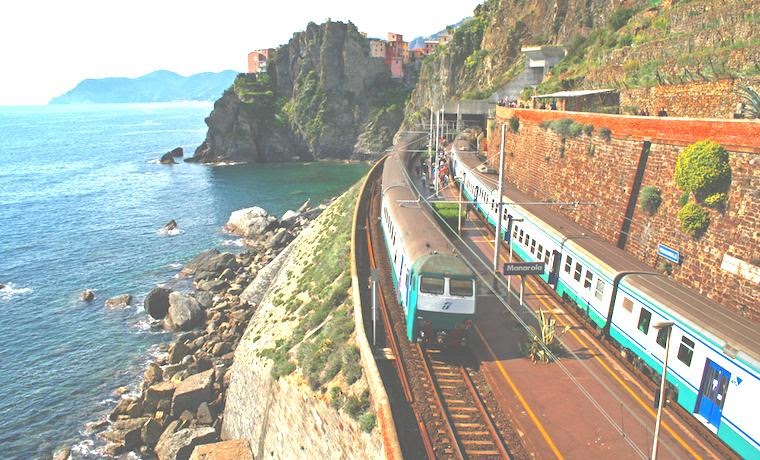


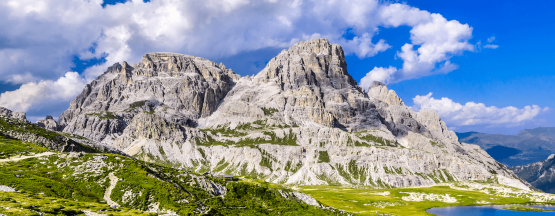
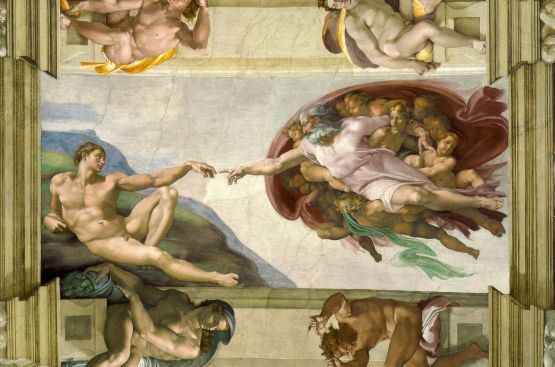



Comments